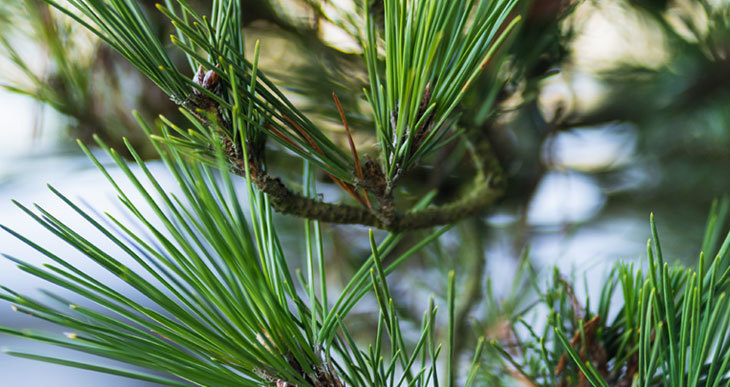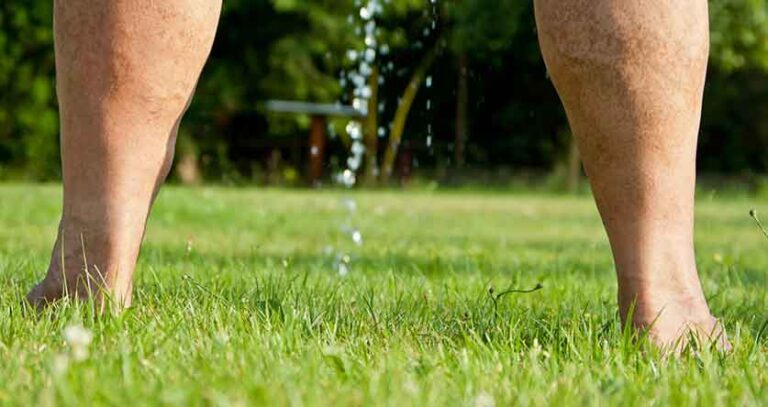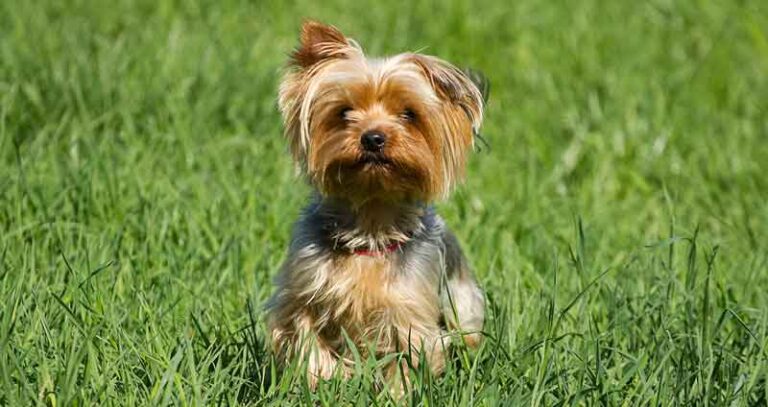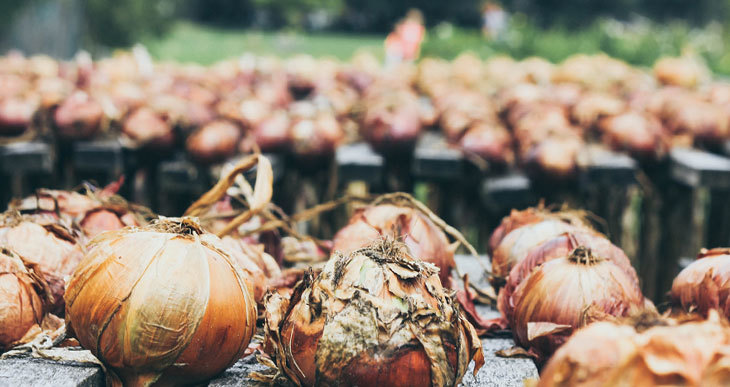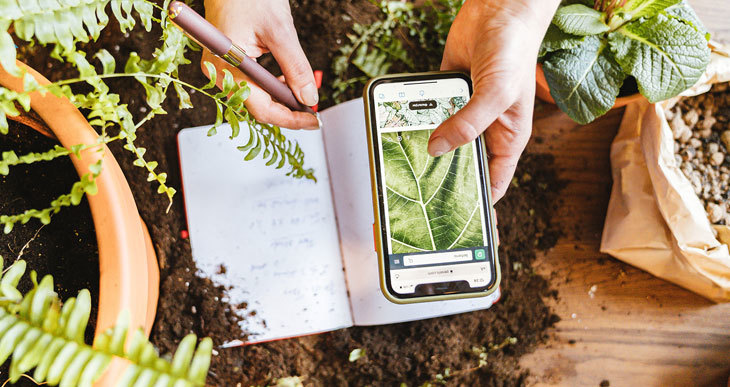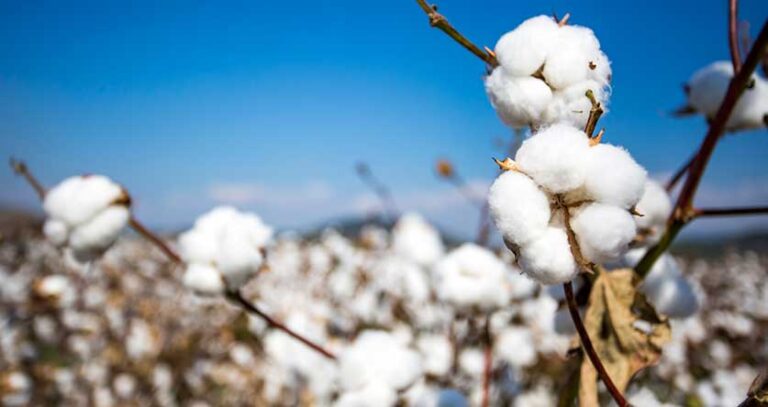What Plants Don’t Like Horse Manure? (Mucky Business!)
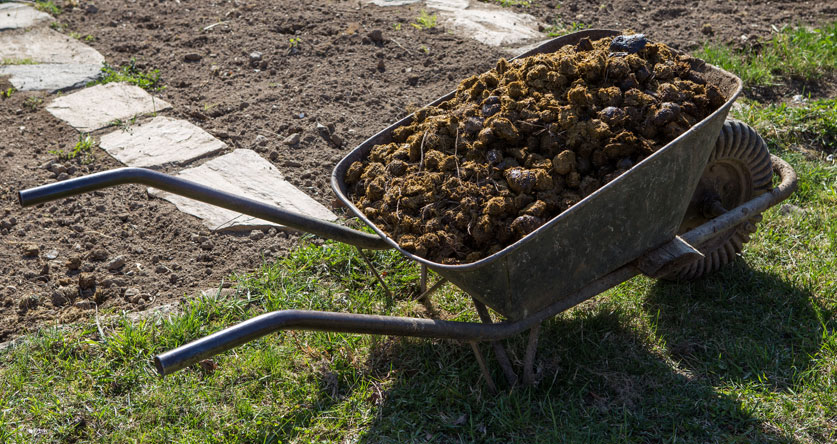
I’ve seen people collecting horse manure in parks and local stables with the intention of using it in their gardens.
But it makes me wonder whether all gardeners understand how to use substances like manure.
Manures of all kinds are considered beneficial fertilizers.
However, throwing it directly on your plants and shrubs is not always a good idea! Some plants do not like horse manure! Especially if misused…
What Plants Don’t Like Horse Manure
Root vegetables do not like horse manure. The nitrogen content is too rich, and the high nutrient compounds can burn the plants. Horse muck should not be used in its raw state but rather well-composted. Preferably using hot composting methods to reduce weed seed germination.
Horse manure is an organic product that is generally good for our gardens and plants, so the idea that, in some cases, it is not suitable seems counterintuitive!
This reasoning seems even more confusing when you discover that horse droppings have a higher nutritional value than cow manure!
Indeed, if it’s higher in nutrients, that’s a good thing… Right?
Before you abandon using horse manure in your garden or composting, let’s examine why horse dung is not as popular in the garden as other forms of livestock manures.
Some Horse Manure Compost Problems
Before I get any hate mail from horse compost users, we need to clarify that horse manure can definitely be used in the garden and in your compost.
Despite that, the nature of horse muck means you need to use this waste product more judiciously than other livestock manures. Some plants can be damaged by horse manure, and there are also other negative aspects to using it in your compost.
One of the most significant issues is that the horses are not ruminants. This means they do not reprocess their food by chewing the cud and using several cycles of fermentation in the gut, as cows do.
As a result, plant material is not broken down as much, and weed seeds can survive the journey through the horse and end up in your compost or garden! The only way to prevent the spread of unwanted weeds is to compost the horse manure in a hot compost system to eliminate any seeds that may have survived the trip 🙂
Horse Manure NPK
If you have some gardening experience, you will know that many composts and fertilizers are rated by their NPK composition. In this abbreviation, “N” stands for nitrogen, “P” is for phosphorus and “K” is for potassium.
The letters are derived from the symbols used to represent these elements in the periodic table. All three elements are crucial for healthy plant development and yield.
Horse manure has an NPK rating of .70, .30, and .60, respectively, higher than dairy cows and steers.
The following table shows the NPK values for livestock manure you may wish to use in your garden or compost.
| Animal | Nitrogen (N) | Phosphorous (P) | Potassium (K) |
| Horse | 0.70 | 0.30 | 0.60 |
| Dairy Cow | 0.25 | 0.15 | 0.25 |
| Steer | 0.70 | 0.30 | 0.40 |
| Sheep | 0.70 | 0.30 | 0.90 |
| Rabbit | 2.4 | 1.4 | 0.60 |
Will Horse Manure Burn My Plants?
Horse manure is considered “hot,” which means that the higher nutrient concentration in the droppings can burn sensitive plant stems and roots if applied directly to the soil.
Vegetable root crops such as beets, carrots, radishes, and potatoes are particularly sensitive to adding horse manure.
Salad greens are another vegetable type that can be damaged or burned by applying horse muck to the soil. Still, they benefit from well-matured horse manure compost.
The only way to safely apply horse manure to these plants is to compost it down and ensure the compost is well-aged. When making compost using horse dung, you should compost it in combination with other “brown” composting ingredients to dilute the potency of the manure.
Can You Put Too Much Horse Manure In Your Garden?
Too much of anything is not a good thing, and this holds true for using manure of any kind in the garden. Horse muck should never be used in its raw state directly in your garden, as you may inadvertently add too much and burn your plants.
The horse manure should be added to your composting program as a “green” ingredient and balanced by adding “brown” or carbon components to the mixture.
Adding too much horse manure creates the risk of burning plants, but it can also result in a lower harvest yield in fruiting plants.
Horse manure is rich in nitrogen, which promotes the development of leaves and plant growth but can inhibit the development of fruit on the plant. Consequently, vegetables such as tomatoes, chilies, sweet peppers, peas, beans, cucumber, and other fruiting plants will not produce high yields when fed with horse manure.
Gardening With Horse Manure
Adding horse manure directly to the garden can be done if you adhere to specific guidelines when you use it.
A major problem with raw horse dung is the likelihood of weed seed, wild grass seed, and even undigested oats in the droppings. Spreading this dung in your garden can introduce unwanted weeds that compete with your plants for nutrients and increase the gardener’s weeding task.
Ratio Of Horse Manure To Soil
Given that the recommendation is to compost horse droppings before using them in the garden, does that mean you should never use them directly in your garden?
You can certainly use horse dung directly in the garden. Still, it must be used very sparingly to avoid causing damage to plants.
I recommend using a maximum of 30 pounds of horse manure for every 100 sq ft of garden space. Too much of this rich fertilizer can damage the plants. Dig the horse droppings into the upper layer of the soil rather than leaving them lying on top of the ground. Remember that a concentration of the manure around plant stems can cause burning.
Is Horse Manure Good For All Plants?
Horse muck is not suitable for all plants, especially food-producing plants. However, fruit-bearing plants can be given compost containing horse dung at the beginning but not later in the season.
The high nitrogen content in the horse manure compost will encourage a lot of leaf and height growth in the plant but limit the plant’s yield.
Plants that receive a boost from well-matured horse manure compost are leaf-crop vegetables, such as lettuce, spinach, swiss chard, and herbs like parsley.
The root vegetables such as beets, carrots, onions, turnips, radishes, and potatoes benefit the least from this type of manure compost.
Conclusion
Horse manure is a nutrient-rich resource that gardeners should not ignore, but care should be taken when used in compost or in its raw state.
Composting raw dung using the hot composting method is one of the best ways to utilize horse manure in the garden and mitigate the negative aspects of this type of fertilizer.


